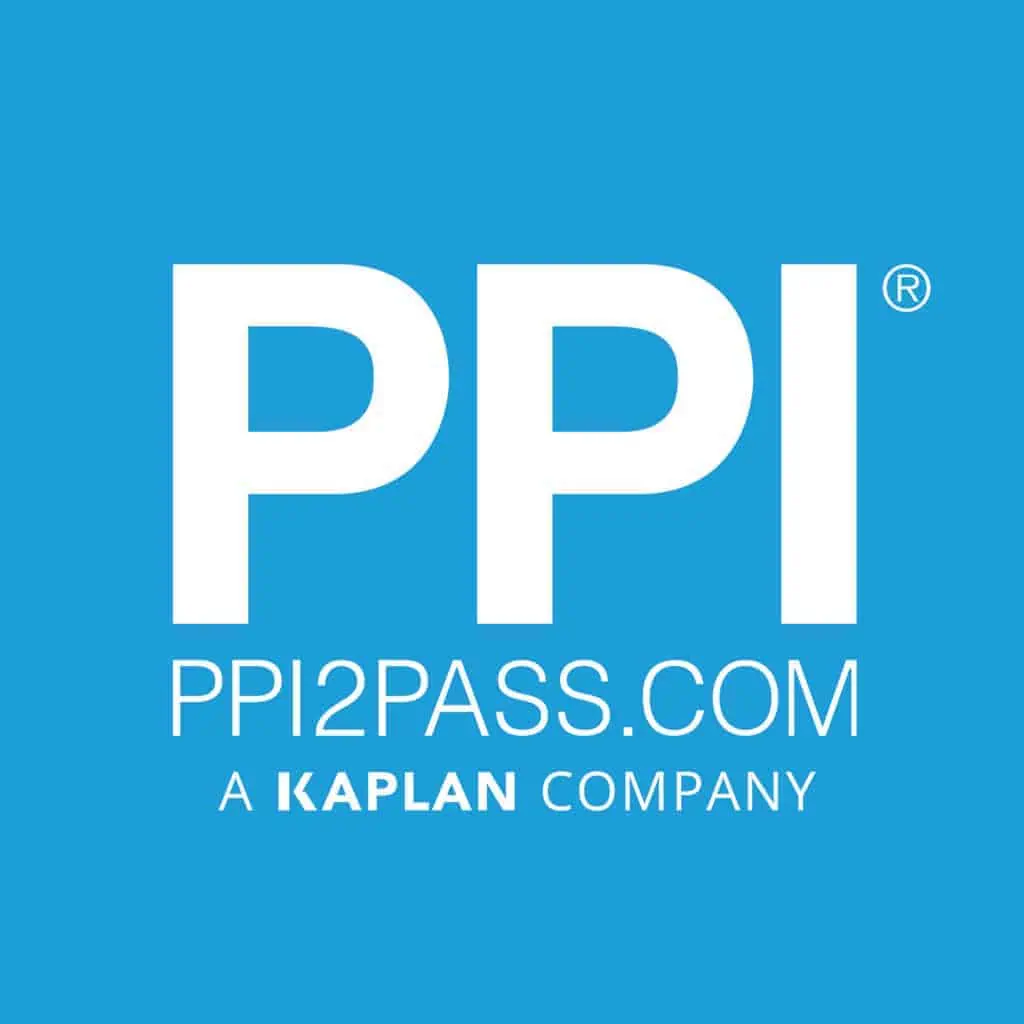In this article (and video above), I talk with Sean Spromberg, PE, a licensed professional engineer and team leader at MSA Professional Services, who shares a remarkable philosophy on achieving the right mindset to alleviate the immense stress associated with PE Exam preparation.
Here Are Some Key Points Discussed in This Episode:
[Read more…] about Achieving The Right Mindset for Your PE Exam
 Matthew currently serves as the operations leader for the Engineering Management Institute. As a leader, Matthew’s goal is to ensure the efficacy and efficiency of the Learning and Development group. As a civil engineer by trade, Matthew has developed a passion for construction and stormwater management by way of maintenance and rehabilitation services. Matthew has also had experience working for private consulting firms and public agencies and has even held a role of an educator. As such, he loves to lead, build, mentor, and help those in need.
Matthew currently serves as the operations leader for the Engineering Management Institute. As a leader, Matthew’s goal is to ensure the efficacy and efficiency of the Learning and Development group. As a civil engineer by trade, Matthew has developed a passion for construction and stormwater management by way of maintenance and rehabilitation services. Matthew has also had experience working for private consulting firms and public agencies and has even held a role of an educator. As such, he loves to lead, build, mentor, and help those in need.

